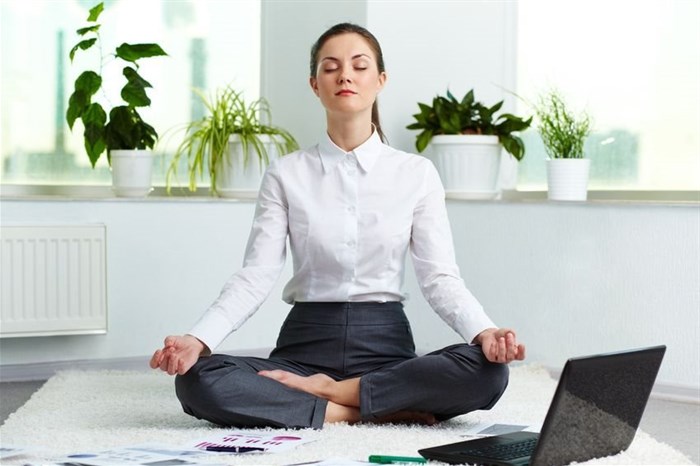
Marketing & Media trends
Industry trends
BizTrends Sponsors
Subscribe & Follow
#BizTrends2022: The year to be mindful

Many people I’ve spoken to over the past two years have contemplated their life more consciously. You may have changed / completed your wills, left relationships that no longer serve you or changed the way you work and learn forever.
After suffering burnout at least twice in my career, I had started a journey of mindfulness long before Covid came knocking on our door. Simple practices of mindfulness in my daily life have become trusted allies in making me more productive, more intentional, and all round happier.
The mindfulness toolkit came in very useful over the past two years. These are some of those tools:
Do one thing at a time
I had always defined myself by my ability to multi-task, until I learned that you lose 10 IQ points when you do more than one thing at the same time. You just do more things - badly!
Our brain is a central processing unit and doesn’t like, nor is it good at doing more than one thing at the same time. It’s the equivalent of having too many tabs open on your laptop - eventually the system starts to slow down. When I started to do one thing at a time consciously, I was amazed at the increase in my performance, as well as how much happier I was. Our brain likes to complete tasks and being yanked around all day by the myriad of things vying for our attention is not a recipe for productivity or happiness.
Let gratitude help you stay positive
I have kept a gratitude journal for the past 15 years, and I live by the rule that I’m not allowed to close my eyes at night unless I’ve written at least one thing down that I’m grateful for in my journal. Understanding that our brain is a deeply negative organ - approximately 75% of our thoughts we have every day are negative, as our brain is mainly designed to protect us. Part of our brain’s job is to constantly scan for danger and risk, so it’s structurally not designed to maximize contentment, happiness or the status quo. Knowing this about your brain is useful, as the good news is that our brains are not static organs. Throughout your life, your brain is capable of making new neural connections through neuroplasticity and can be trained. Gratitude is a very effective tool to train your brain to be more positive.
Meditate for at least 10 minutes per day
Meditation is like exercise for the mind. When you go to the gym, you are training your body so that you can improve your physical strength or ability. If you lift weights, you will eventually become stronger. If you jog regularly, your times will become faster, and you’ll be able to run further. In the same way, meditation is training your mind so that it can gain better mental performance, because if you practice meditation often, your mind becomes calmer and more perceptive, and you can focus your attention more strongly and for longer.
Meditation is like exercising at the gym - minus the sweating and the gym!
Small changes that make a big difference
I am a big fan of the Berroca versus the Eno approach to behaviour change. When you dissolve Eno’s into water you notice a big fizz of activity, then a couple of seconds later the water is clear and you wouldn’t know there was anything different in the water, other than the bitter aftertaste.
New Year’s resolutions are like the Eno’s effect. We want to change our lives: lose 20kgs, stop smoking, run the Comrades, sort out our finances and start studying. The gym car parks are full in January and empty by March. This cycle repeats itself every year.
When you dissolve Berocca into water, it takes longer to dissolve but ultimately changes the colour of the water. The Berocca effect enables sustainable behaviour change, that lasts beyond January. Tiny rituals and habits result in Berroca change. Small incremental changes that may seem too small to make a difference, but over time compound to make a big impact.
I used the Berocca effect to mindfully start running. Fifteen years ago, I wanted to start running, and a trainer advised me to start leaving my running shoes at the bottom of the bed before I went to bed every night. Initially I ignored my running shoes, then they started to irritate me until I finally put them on. I started to walk in the morning, I then graduated to walking and running, and finally ended up running the New York marathon in 2011.
What Berocca mindfulness habit can you cultivate in 2022?













